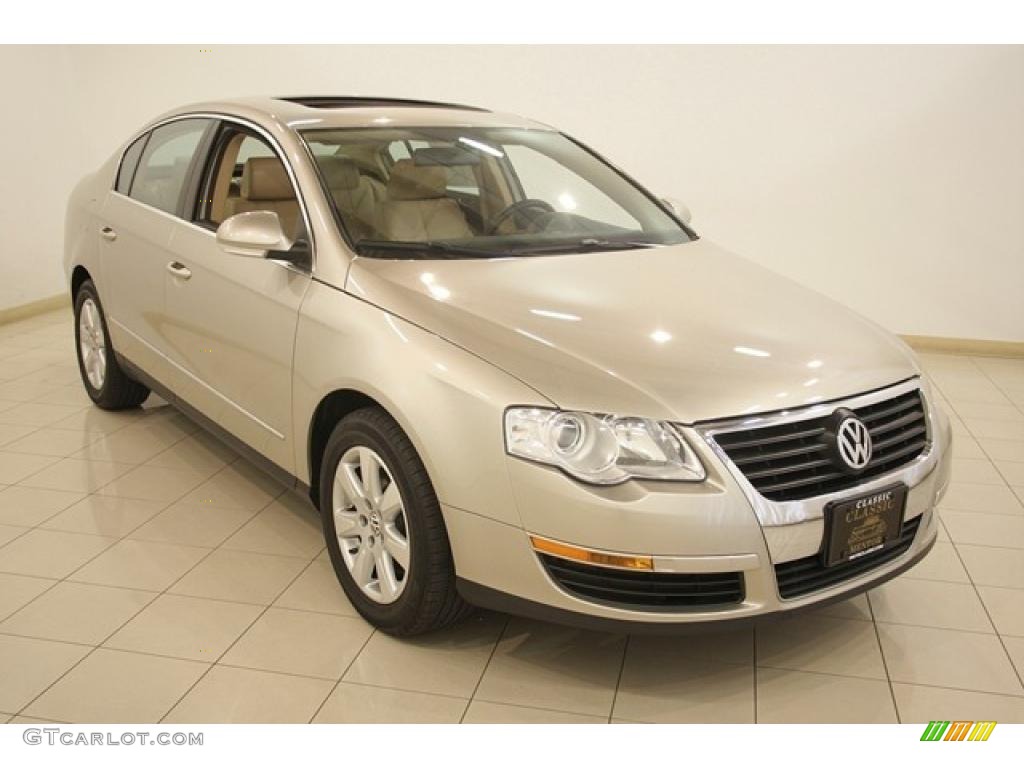

The most common causes of an EPC light are a faulty throttle body, a faulty ABS sensor, a cracked ABS ring, a bad brake pressure sensor, or a faulty brake pedal switch. RELATED: How Many Car Brands Does Volkswagen Own? What Causes An EPC Light? The EPC system is Volkswagen Group’s traction control system, and therefore you will also find the EPC system in Audi, Skoda and Seat car models. The Electronic Power Control system is monitored by the engine control unit, brake control unit, transmission control unit, and steering control unit. The EPC light often shows up together with the Engine, ABS, or ESP Light, depending on where the problem is. When this light comes on, it usually means there is an issue with the car’s throttle system. I'll post here, if i find out something that helps.The EPC light is a warning light that indicates a problem with your vehicle’s electronic power control (EPC) system.

egr is wrongly operated by ecu or too much excaust gases come into inlet manifold. at first last summer i also thought that egr causes all these problems, but it was not the egr. I have also thougt about dpf delete, but i'll try those more simple things before (block plate with small hole, pipes cleaning and so on)Īnd for information - new egr didn't cure my car. I have to try out this half blocking plate Maybe those bad injector readings come because of too much excaust gases go to inlet. when someone disconects egr plug, injector readings go much better. When engine runs and watching injector readings. car starts to wobble on idle and smoke also starts with bitter smell). Lately my injector readings are gone bit worse also (when cold, readings are good, less than 0,5 per injector, but when coolant temp reaches to 43 degrees or so, then reading go bigger. One person told me that it's unburn fuel that causes this bitter smell. I haven't found the cure for this bitter smell. ideally i will try to correct both torsion values.ĭid you correct torsion value yourself or someone else did it? If you made it yourself, did you use some special tools and/or had some good link where they teach to do that? It smokes a little bit when half warm, but not so much as the problem car. My second car has even bigger torsion value (when cold 3.37 and when warm then 2.93). But when i don't find it, then this kind of block plate will do the trick. Ideally i would like to find the problemt, that causes this jerkyness. I've thougt about this block plate with small hole in it, but i haven't done it yet. Now i have time to investigate my problem car. lately i bought another 2.0 tdi 170 with same BMR engine and it runs greate.

They didn't find anything.Īt least i'm not the only one with this problem (i'm not glad that someone else has it, but maybe you can find the answers.)Īt the moment, i haven't done much with these problems. When engine warms up more than 70-80 degrees, then jumping/jerking disappears.įew days ago went to local VW centre. And this happens only with half warm engine. When gently accelerating and rpm goes into such range, then when looking rpm neelde, it goes up and down sometimes even more than 100 rpm. Also this starts little bit over 1100 rpm and ends about 1800rpm. This happens only when pedal is gently pressed and acceleration is slow. It's like someone is constantly playing with acceleration pedal - pedal down, pedal up, pedal down and pedal up and this way very fast. Then when starting engine and driving with first or second gear, not flooring pedal, but accelerating gently, then car starts to jump/hesitate/surge/stutter/jerk (sorry for not exact word, because i don't know how this exact thing would be in english). The problem appears, when engine temperature has been to 90 and then car stands for about 2-3 hours. I have a problem with my 2.0 125kw BMR engine passat.


 0 kommentar(er)
0 kommentar(er)
